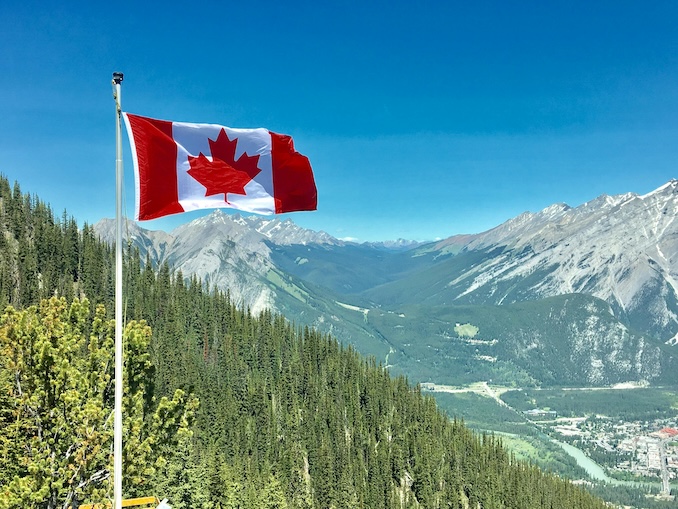Canada does allow gambling both on and offline. Each province or territory has individual laws dictating what is and is not allowed. We discuss them in the article below.
The Canadian gambling market is growing quickly. Most of this centres on the province of Ontario, where CA$ 2.40 billion per year comes from casino gambling, and CA$ 724.0 million comes from sports betting. As other areas change their laws and introduce more up-to-date controls, this will only expand. But just how different are the laws on gambling across Canada?

Canada’s Gambling Laws
Gambling is not generally regulated at the state level in Canada. Instead, it is up to provinces, territories, or First Nations authorities to determine what is and is not allowed. This means you can gamble both in person and online in Canada. However, the type of gambling and the method in which it can be done are governed by local laws.
There is also the option to gamble offshore, though it technically operates in a legal grey area. Using these casinos is quite literally a gamble for Canadians. They may find ones regulated by International gambling bodies that are safe and transparent. However, as they are not bound by Canadian laws, they may be the opposite. Many will be geolocked, but a VPN can easily get around this.
When finding the best online casino, it is recommended that players do research and take third-party advice. This can help them find the best online casino based on bonuses, game selections, customer service and payment methods. The available options by Nationalpost.com are a selection of some of the best online casinos in Canada, all with fair play and great user experiences as rated by experts.
Gambling in Ontario
Ontario is more liberal compared to other provinces when it comes to laws regarding gambling, both offline and on mobile devices. It is the benchmark for how regulated gambling can be done, and lots of other places are watching it closely to see how the rules and laws it puts in place work in the long term. In the last year, gaming revenue made an astounding 32% increase year on year, which has culminated in a huge amount of taxable revenue.
The Ontario Lottery and Gaming Corporation is the main body overseeing this. Its two main arms are the Gaming Control Act of 1992 and the Ontario Lottery and Gaming Corporation Act 1999. There is also a further body known as iGaming Ontario that deals with online operations. They have a familiar dice logo, which is displayed on online casinos that abide by their guidelines.
Alberta is one province that is closely watching Ontario. To date, only charities and religious organisations can register for gambling licenses here. It currently has one online gambling operator, PlayAlberta.ca. However, there are signs that regulations will soon shift and by the end of 2025, it may be much closer to Ontario’s style of governance and competitive market.
Nova Scotia has also made similar moves to counter unregulated gambling markets. However, it remains to be seen if it will go as far as the open market found in Ontario.
British Columbia, Manitoba and Saskatchewan
These three provinces all have one regulated online gambling website called PlayNow. It started in British Columbia, then made its way to the other Western provinces. Each has its own regulatory boards which oversee online gambling. Manitoba legalised online gambling through PlayNow in 2013. Saskatchewan did it in 2022.
A similar system is in place in Quebec. This has long been an area open to gambling. With many land-based casinos, it also has one online operator known as EspaceJeux.
There are both advantages and disadvantages to having one company for online gambling. It allows the state to keep tighter control over the industry, making sure it abides by safe practices and does its part for responsible gambling. However, in other countries such as Poland, similar state monopolies have resulted in huge grey areas. This has led to a proliferation of black market companies operating and people gambling offshore. Thus, it will be interesting to see how this plays out over the next few years as the industry grows.
States with Little to No Laws
There are areas that have little in the way of gambling laws and regulations. Thus, most people access offshore casinos with their many advantages and disadvantages. Newfoundland and Labrador have strict laws, with no land-based casinos and only card games and lotteries allowed. New Brunswick also allows lottery schemes alone.
Much like the US, Canada’s gambling laws are fragmented. This can cause issues in itself, pushing people across state lines into the unregulated offshore gambling world. Anyone doing this should tread carefully and do their research. Luckily, it seems that even in the strict provinces, sentiment seems to be changing, so it can’t be too long before online casinos are available across the country.

